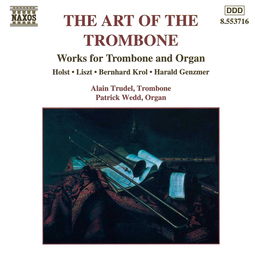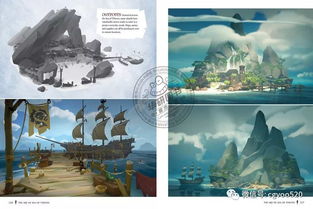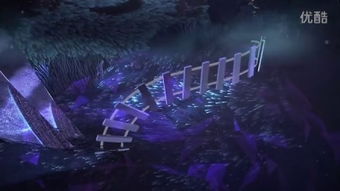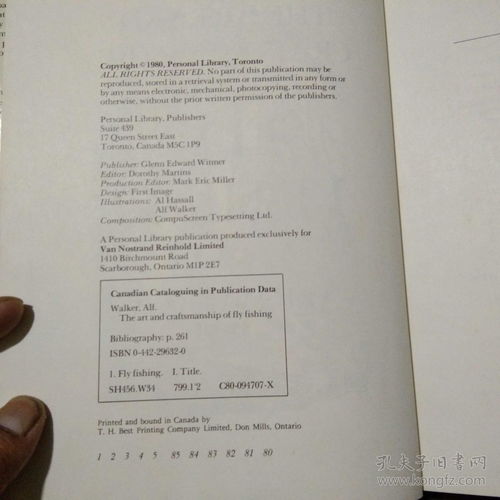Content:
When you've finally mastered the art of fishing, it's a moment of pride and accomplishment. The hours spent honing your skills, understanding the nuances of the water, and learning to read the signs of fish have paid off. But what next? Here's a comprehensive guide on what to do when you've learned the fishing tricks of the trade.
Share Your Knowledge
One of the best ways to solidify your skills is to share them with others. Teaching someone else how to fish can reinforce your own knowledge and help you identify areas where you might still improve. Consider taking a friend or family member out on the water and passing on your newfound wisdom.
Experiment with Different Techniques
Now that you've got the basics down, it's time to experiment. Try different fishing techniques, such as fly fishing, spinning, or bait casting. Each method has its own set of tricks and techniques, and learning them can broaden your fishing horizons.
Explore New Water Bodies
Once you're comfortable with your skills, it's time to venture into new territories. Different water bodies offer unique challenges and opportunities. Whether it's a local river, a vast lake, or even the ocean, each environment requires a different approach to fishing. This exploration can lead to new discoveries and a deeper appreciation for the sport.
Invest in Quality Gear
As you progress in your fishing journey, you'll likely find that your current gear isn't quite cutting it. Investing in quality fishing equipment can make a significant difference in your success and enjoyment on the water. Look for gear that is designed for the type of fishing you enjoy and the conditions you'll be facing.
Join a Fishing Club or Community
Connecting with other anglers can provide a wealth of knowledge and shared experiences. Joining a local fishing club or community can help you stay up-to-date with the latest fishing trends, tips, and regulations. It's also a great way to make new friends who share your passion.
Learn About Conservation
A crucial aspect of fishing is understanding the importance of conservation. Learn about the species you're targeting, their life cycles, and how to fish sustainably. This includes understanding catch and release practices, proper handling of fish, and respecting the environment.
Take a Fishing Workshop or Class
Even as an experienced angler, there's always more to learn. Consider taking a fishing workshop or class to refine your skills or learn about a new aspect of the sport. These courses can be particularly beneficial if you're looking to fish in a new environment or learn a new technique.
Keep a Fishing Journal
Keeping a fishing journal is a great way to track your progress and remember your experiences. Record the date, location, weather conditions, techniques used, and what you caught. Over time, this journal can become a valuable resource for analyzing your fishing success and identifying patterns.

Try Tackle Fishing
Tackle fishing, or artificial lure fishing, is a skill that can take your fishing to the next level. It requires a keen eye for detail and the ability to mimic the movements of real bait. Investing in a variety of artificial lures and learning how to use them effectively can be incredibly rewarding.
Embrace the Challenge of Catching Larger Fish
Once you've become proficient at catching smaller fish, set a goal to catch larger ones. This could mean targeting trophy fish like bass, trout, or salmon. The challenge of catching larger fish will push you to refine your techniques and become a more skilled angler.
In conclusion, learning the art of fishing is just the beginning of an exciting journey. By sharing your knowledge, exploring new waters, investing in quality gear, and embracing continuous learning, you can enhance your skills and deepen your enjoyment of this timeless sport. Remember, the best anglers are those who never stop learning and are always ready to cast their line into the unknown.












